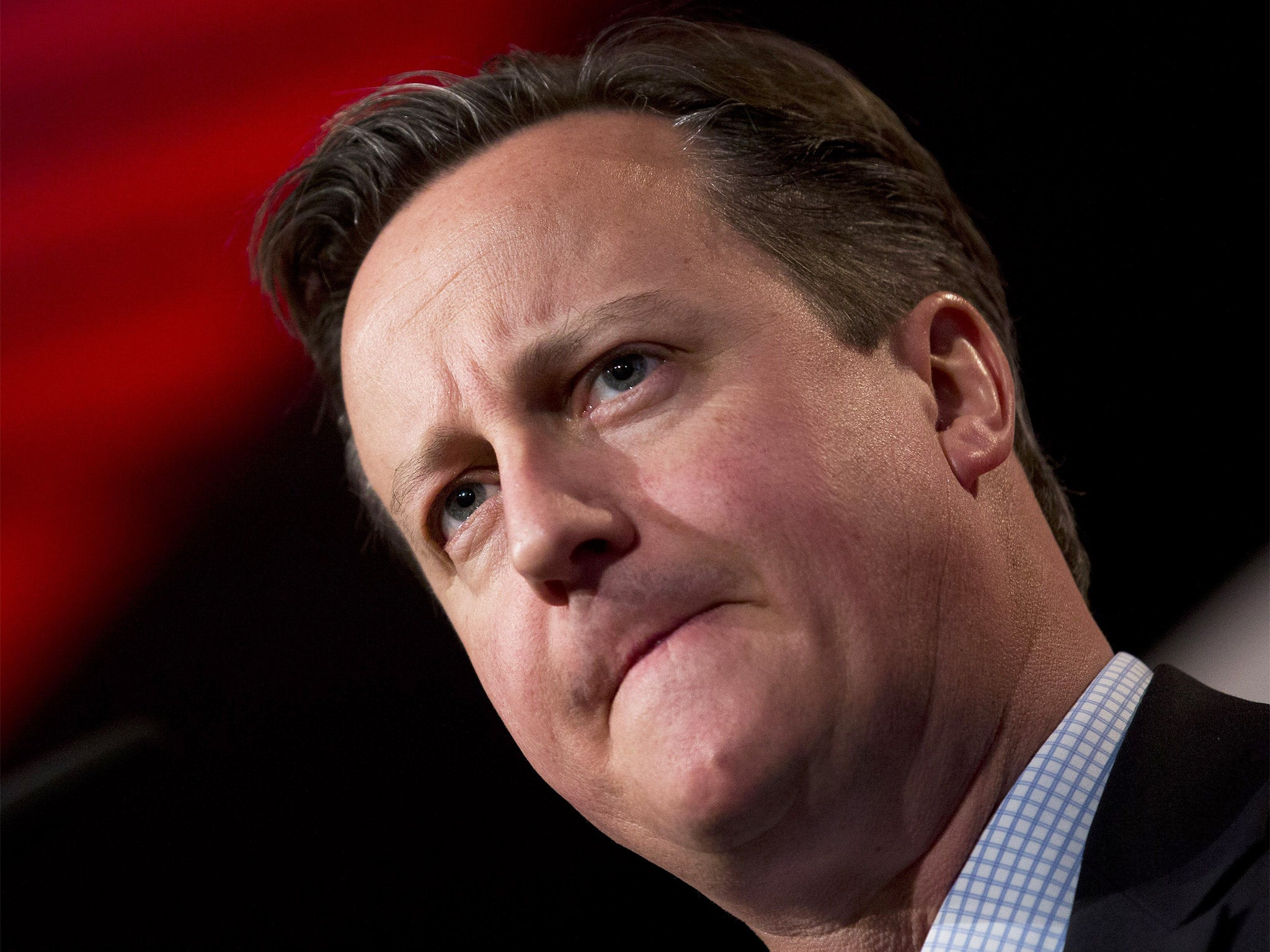David Cameron's claim that Labour would raise taxes by £3,000 is 'not sensible', says the IFS
Labour are planning nothing like what the Tories describe, respected think-tank says

Conservative claims that Labour would raise taxes by £3,000 are neither “sensible” nor “helpful”, the respected Institute for Fiscal Studies (IFS) has said.
The authoritative research institute said the Conservatives had made several unwise “assumptions” in their attempt to paint the opposition as intent on raising taxes and that their calculations were “of little value”.
“The Conservatives have had to make quite a lot of assumptions to get quite such a big number… if you simply say it’s a £3,000 increase in taxes I certainly think it’s unhelpful,” The IFS’s director, Paul Johnson, told BBC Radio 4’s World at One programme this lunchtime.
Mr Johnson said Labour had not actually committed to the spending plans implied in the Conservative calculation – and that in any case, the figure produced by David Cameron’s party misleadingly referred to taxes over four years rather than one.
An article deconstructing the Tory claims in detail was posted on the IFS website later this afternoon.
“Cumulating numbers like this over several years is, at best, unhelpful. Ignoring the existence of non-working households doesn’t help provide sensible averages either,” the authors said.
“There is little value in bandying around numbers which suggest either party would increases taxes by an average of £3,000 for each working household.
“We don’t know what they will do after the election. But neither of the two main parties has said anything to suggest that is what they are planning.”
Sleights of hand to inflate the Conservatives’ headline number include assuming that only working households pay tax – which is not true – and assuming that Labour would not make any cuts – something which Labour has not pledged.
The IFS did say however Labour had been “vague” about their spending plans, while the Tories had been “clearer about what they want to achieve, but … not been clear about how they would achieve it”.
David Cameron kicked off the general election campaign today by arguing that voters could choose between him and the “economic chaos of Ed Miliband's Britain — over £3000 in higher taxes for every working family to pay for more welfare and out of control spending”.
Labour insiders have long feared a 1992-style “Labour’s tax bombshell” approach by the Conservatives and the shadow Treasury team has kept a tight lead on shadow ministers’ spending commitments to minimise its effectiveness.
Both the Conservatives and Labour regularly cite figures and claims from the IFS as authoritative and unbiased.
Join our commenting forum
Join thought-provoking conversations, follow other Independent readers and see their replies
Comments
Bookmark popover
Removed from bookmarks